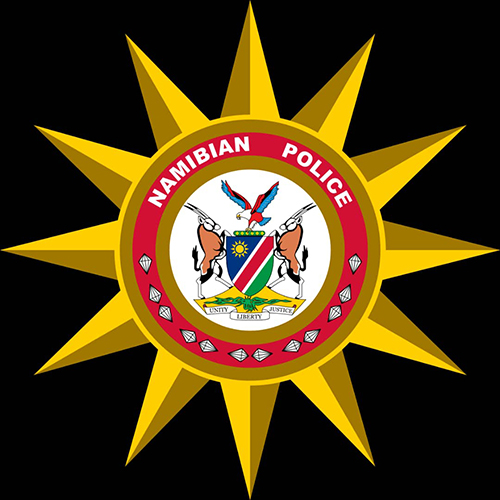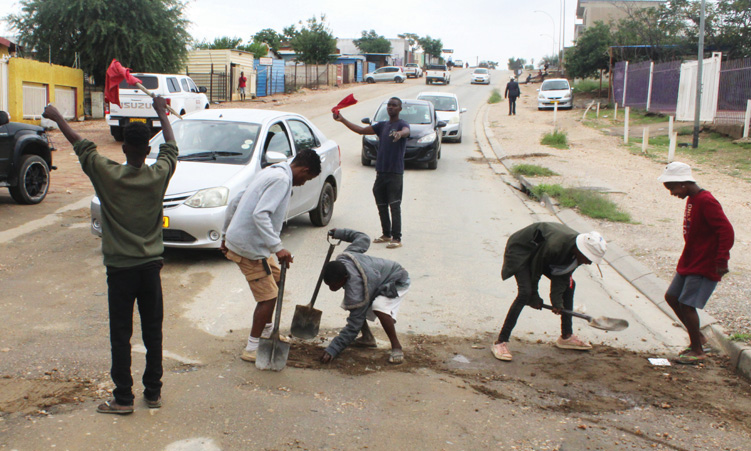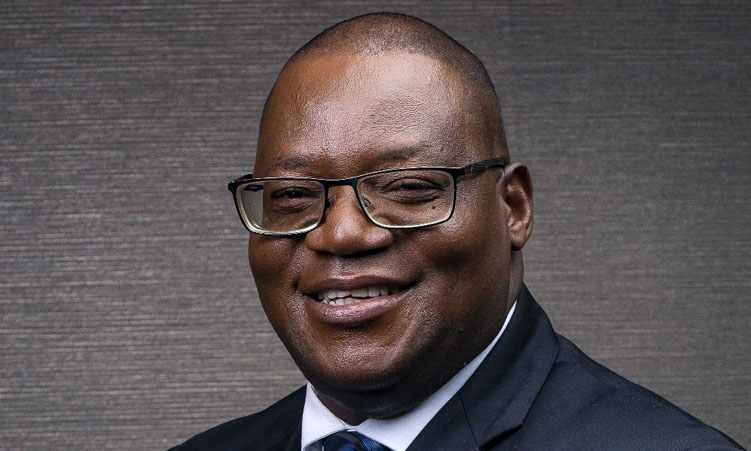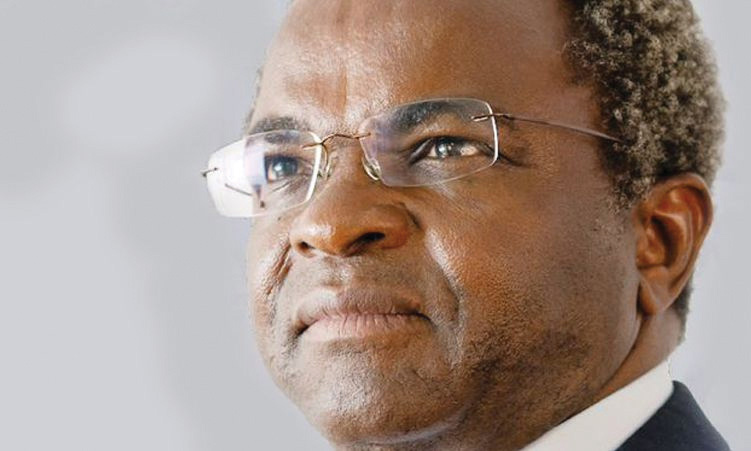KINSHASA – The shaky peace process in the Democratic Republic of Congo, the vast central African country emerging from a war that left 2,5 million dead, looked even more fragile Friday after a failed coup against President Joseph Kabila.
Kabila appeared on national television after a night of gun battles in the capital Kinshasa to announce that the coup attempt had been put down and a dozen would-be putschists arrested. The putschists’ leader, Major Eric Lenge of the presidential guard, was still on the run, the youthful president said.”The security forces, the army, are hunting for the major,” said Kabila, who was dressed in military uniform.He vowed he would allow no-one to derail the transition process that aims to lead the DRC out of its devastating 1998 to 2003 war to a democratic future.Kabila came to power after his father, Laurent, was assassinated in January 2001 by a member of his presidential guard.Friday’s coup bid came two days after the DRC army recaptured the strategic eastern town of Bukavu, on the border with Rwanda, after it was held for a week by renegade soldiers.The seizure of Bukavu triggered street protests in Kinshasa and other cities against the United Nations peacekeeping force (MONUC), which many Congolese accused of failing to prevent the fall of the town.At least 12 people dead in the protests.A small group of soldiers, reportedly from the presidential guard, who were led by Lenge, briefly seized the state radio station in the early hours of Friday.They announced that the transitional government had failed and that they had seized power.The men then headed to the national electricity company, where they caused a power cut in Kinshasa that lasted around three hours.Electricity was restored at around 5h00, according to Information Minister Vital Kamerhe.At 9:00 am the soldiers were seen fleeing Kinshasa in four vehicles, sources said.The security forces were hot on their heels and a military helicopter was flying over the city, the sources added.Officials said several hours later that the coup bid had been thwarted, Kabila was safe, and those behind the revolt were surrounded in a military camp.Residents living near the camp reported hearing outbursts of heavy weapons fire.Automatic weapons fire was also heard in Kinshasa’s Gombe neighbourhood, where Kabila’s residence and office are located.”It was a new attempt at destabilisation, which is never good for the country,” a diplomat in Kinshasa said.- Nampa-AFPThe putschists’ leader, Major Eric Lenge of the presidential guard, was still on the run, the youthful president said.”The security forces, the army, are hunting for the major,” said Kabila, who was dressed in military uniform.He vowed he would allow no-one to derail the transition process that aims to lead the DRC out of its devastating 1998 to 2003 war to a democratic future.Kabila came to power after his father, Laurent, was assassinated in January 2001 by a member of his presidential guard.Friday’s coup bid came two days after the DRC army recaptured the strategic eastern town of Bukavu, on the border with Rwanda, after it was held for a week by renegade soldiers.The seizure of Bukavu triggered street protests in Kinshasa and other cities against the United Nations peacekeeping force (MONUC), which many Congolese accused of failing to prevent the fall of the town.At least 12 people dead in the protests.A small group of soldiers, reportedly from the presidential guard, who were led by Lenge, briefly seized the state radio station in the early hours of Friday.They announced that the transitional government had failed and that they had seized power.The men then headed to the national electricity company, where they caused a power cut in Kinshasa that lasted around three hours.Electricity was restored at around 5h00, according to Information Minister Vital Kamerhe.At 9:00 am the soldiers were seen fleeing Kinshasa in four vehicles, sources said.The security forces were hot on their heels and a military helicopter was flying over the city, the sources added.Officials said several hours later that the coup bid had been thwarted, Kabila was safe, and those behind the revolt were surrounded in a military camp.Residents living near the camp reported hearing outbursts of heavy weapons fire.Automatic weapons fire was also heard in Kinshasa’s Gombe neighbourhood, where Kabila’s residence and office are located.”It was a new attempt at destabilisation, which is never good for the country,” a diplomat in Kinshasa said.- Nampa-AFP
Stay informed with The Namibian – your source for credible journalism. Get in-depth reporting and opinions for
only N$85 a month. Invest in journalism, invest in democracy –
Subscribe Now!










